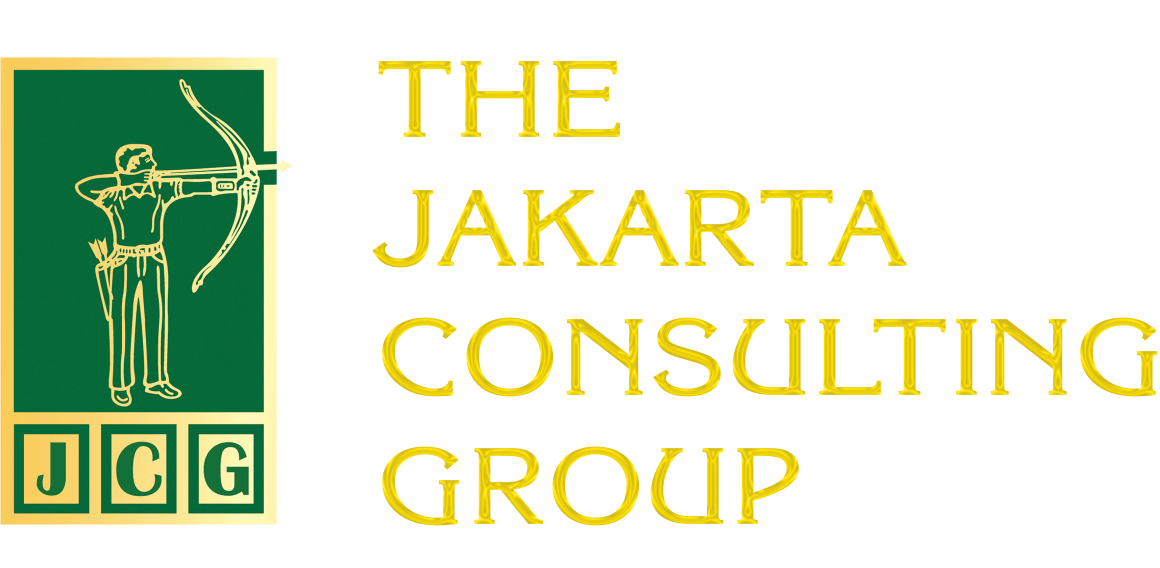Family businesses are a pillar of the global economy. In fact, 70–80 percent of companies in various countries are family businesses, which contribute significantly to job creation and economic stability. However, behind this strength, there is often a fundamental weakness: neglect of governance. Many businesses collapse not because of competition or poor products, but because of internal conflicts resulting from weak governance systems.
Why is good governance important?
In the context of family businesses, governance is not merely an administrative procedure. It is the foundation that regulates the harmonious relationship between three pillars: family, ownership, and management. Without it, businesses become vulnerable to conflicts of interest, emotional decision-making, and a lack of clear strategic direction.
The reluctance to implement governance is often based on the assumption that family members already trust each other. Indeed, trust is a valuable asset. However, as the business grows and the number of family members with increasingly diverse interests increases, trust alone is no longer enough. A system is needed that can maintain harmony and ensure the sustainability of the business.
The following are aspects of governance that are often overlooked by family businesses.
1. Not separating the roles of family, owners, and managers
These three roles have their own domains and priorities. Family is about relationships and values, ownership is about dividends and voting rights, while business is about strategy and performance. When the three are mixed together, business decisions are often made to please the family, rather than based on sound analysis—such as placing people based on blood relations rather than competence.
2. Not establish a family council
A family council is a formal forum for discussing the vision, values, and direction of the family business. Without it, differences of opinion usually arise at the dinner table and have the potential to become destructive conflicts. This council serves as a conflict preventative and a place to educate the next generation.
3. Lack of succession planning
The topic of succession is often considered taboo. Many founders delay discussions about successors because they feel it is not yet time or they fear it will cause disputes. As a result, leadership transitions occur suddenly—often during a crisis—leaving a vacuum and uncertainty.
4. Unclear rules of engagement

Allowing family members to join the company without strict conditions and selection has a negative impact on the professionalism of the family business. Good governance requires written rules on educational qualifications, work experience, and evaluation mechanisms to ensure the business remains competitive.
5. Minimal financial transparency
The excuse of “mutual trust” often leads to financial reports being concealed. This actually triggers speculation and prejudice about the fairness of dividend distribution or the use of company funds. Transparency through clear reporting and independent audits will actually strengthen that trust.
6. Non-independent board of directors
A board of directors composed solely of family members tends to lack objective perspective. The presence of independent members can provide fresh perspectives, balance strategic decisions in the family business, and prevent emotional biases that are detrimental to the company.
7. Lack of conflict resolution mechanisms
Conflict is natural, but without an agreed-upon resolution channel, conflict can turn into a disaster. Mature governance prepares resolution mechanisms, such as mediation or arbitration, to handle disputes over inheritance, positions, or business vision.
8. Lack of preparation for successors.
Passing on a family business requires more than just intention.
The next generation needs to be equipped with adequate leadership skills and industry knowledge through internships, training, or even work experience outside the family business.
The Looming Fatal Impact
Neglecting governance significantly increases the risk of division and threatens the survival of the business. Global data shows that only about 30 percent of family businesses survive into the second generation, and only 12 percent make it to the third generation. Weak governance is the main cause.
Many family businesses collapse due to power struggles and chaotic succession. In contrast, giants such as Mars Inc. and BMW have been able to survive and thrive across generations thanks to the implementation of strict and professional governance.
How to Build Strong Family Business Governance
To build strong governance, there are several steps that must be taken:
1. Create a formal structure first, a formal structure must be created. Separate and provide a forum for the three main pillars: the Family Council, the Shareholders’ Meeting, and the Board of Directors. Next, formulate the rules of the game. Create a Family Constitution that regulates the vision, values, rules of engagement, and conflict resolution mechanisms.

2. Plan succession as early as possible succession in family businesses must be planned early. Identify and thoroughly prepare potential successors; don’t wait until it’s too late.
3. Involve external parties Invite external parties. Bring in independent professionals to the board of directors to gain an objective and fresh perspective.
4. Develop a culture of openness Communicate transparently about business performance and strategy, including audited financial reports.
5. Invest in competency development Invest in the competency development of the younger generation. Encourage the next generation to gain experience outside the company before returning to build the family business.
Governance may be complex, but it is a “safety net” that ensures that family businesses not only survive but also grow sustainably. Ignoring it is like sailing without a map or compass—you may survive, but the risk of sinking is very high. By establishing solid governance, the family business will become a legacy that future generations can enjoy.
#governance #governance #familybusiness #trust #familycouncil #conflict #successionplanning #professionalism #financialtransparency #boardofdirectors #independent #cultureofopenness
Related Posts:
Family Business: Should Leadership Always Stay in the Family?
Organizational Structure in Family Businesses: Formal on Paper, Personal in Practice
The Dynamics of Family Business: The Unexpected Role of the In-Law
Why Are SOPs Often Challenging to Implement in Family Businesses?
THE JAKARTA CONSULTING GROUP PRESENTS











